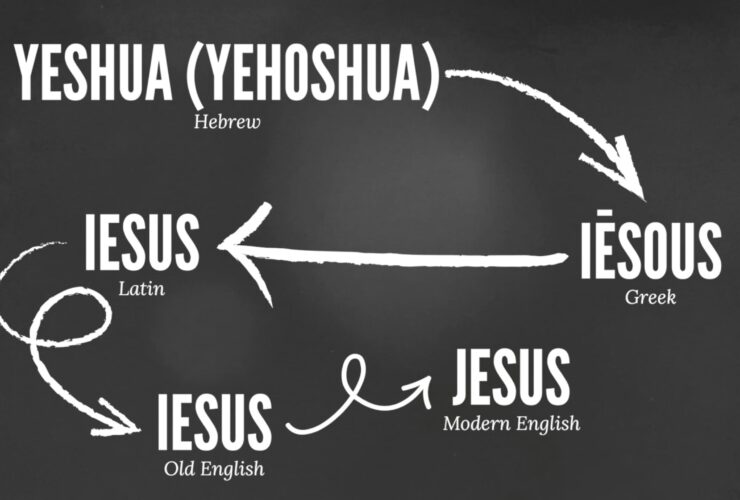His name was Abram. And though he was raised in a nation that served other ‘gods’ he was about to become his own “nation under God”—the One true God. Genesis 12-25 tells his story beginning from when he was a mere 75 years old at which point God commanded him to depart from his home in Haran and from his father Terah’s house to journey to an unknown land. With him was his wife Sarai and nephew Lot plus all the people and possessions he acquired in Haran. When they came to a land called Canaan God appeared to Abram there and promised the land to his future descendants.
During the next several years God would continually reaffirm this promise to Abram and even add to it. Not only would his descendants inherit the land but one day Abram would as well. And not only would one nation come from Abram but many. In fact, his descendants would be as innumerable as the dust of the earth and the stars of the heavens. And most significant of all, all nations would one day be blessed through him because the Saviour of the world—Jesus Christ—was to come through his seed (Genesis 12:3; Matthew 1:1-17). To emphasize the promise, God changes his name from Abram meaning “exalted father” to Abraham, “the father of a multitude.” Likewise, Sarai was now to be called Sarah.
“No longer shall your name be called Abram, but your name shall be Abraham, for I have made you the father of a multitude of nations.”
Genesis 17:5
Despite these many promises there was still one major problem. As Abraham himself pointed out: “Lord God, what will You give me seeing I go childless, and the heir of my house is Eliezer of Damascus?” (Genesis 15:2). His wife was barren, and they were now both of great age. Nevertheless, God promises Abraham that his heir would come from his own loins and Abraham believes Him. However, after ten years removed from Haran the couple is getting concerned. Abraham is now 85 and Sarah 75. So, in desperation Sarah gives Abraham her Egyptian handmaid Hagar, to obtain children by her. Although at this point in time God had not yet specifically revealed to Abraham that Sarah was going to be the mother of the promised heir, it should have been assumed since she was his only wife. Nevertheless, through the union of Abraham and Hagar came Ishmael. And as far as Abraham knew, this was the promised son.
It would have come as quite a shock, therefore, when God returned to Abraham fourteen years later to reveal that Sarah would bear the actual promised son in a year’s time. Though truly miraculous, in the following year (which was now twenty-five years after they had left Haran) their promised son was born. Abraham was one-hundred and Sarah was ninety. As God had instructed, they called him Isaac (meaning “laughter”). It was truly a time of joy and celebration. However, during a feast in Isaac’s honour Sarah saw Ishmael mocking Isaac which ultimately led to his expulsion from the family. Though this tremendously grieved Abraham, God consoled him through the revelation that Ishmael would also become a great nation, but that Isaac was the promised covenant-son. Indeed, it would be through Isaac that God’s nation—Israel (and ultimately the Messiah)—would come.
As for Abraham, he died “in a good old age, an old man and full of years” at the age of 175 (Genesis 25:7-8).

Ryan Hembree is a daily co-host, speaker, and writer of Bible Discovery. He also hosts a YouTube channel that shows the unity of the Bible and how science and Scripture fit together. Ryan also has an honorary Masters of Ministry in Creation Science from Phoenix University of Theology.






